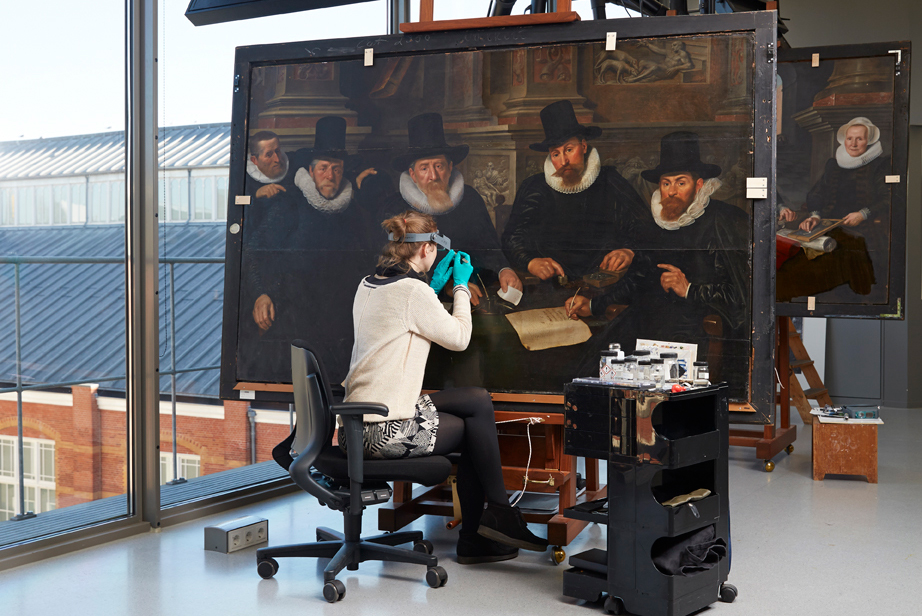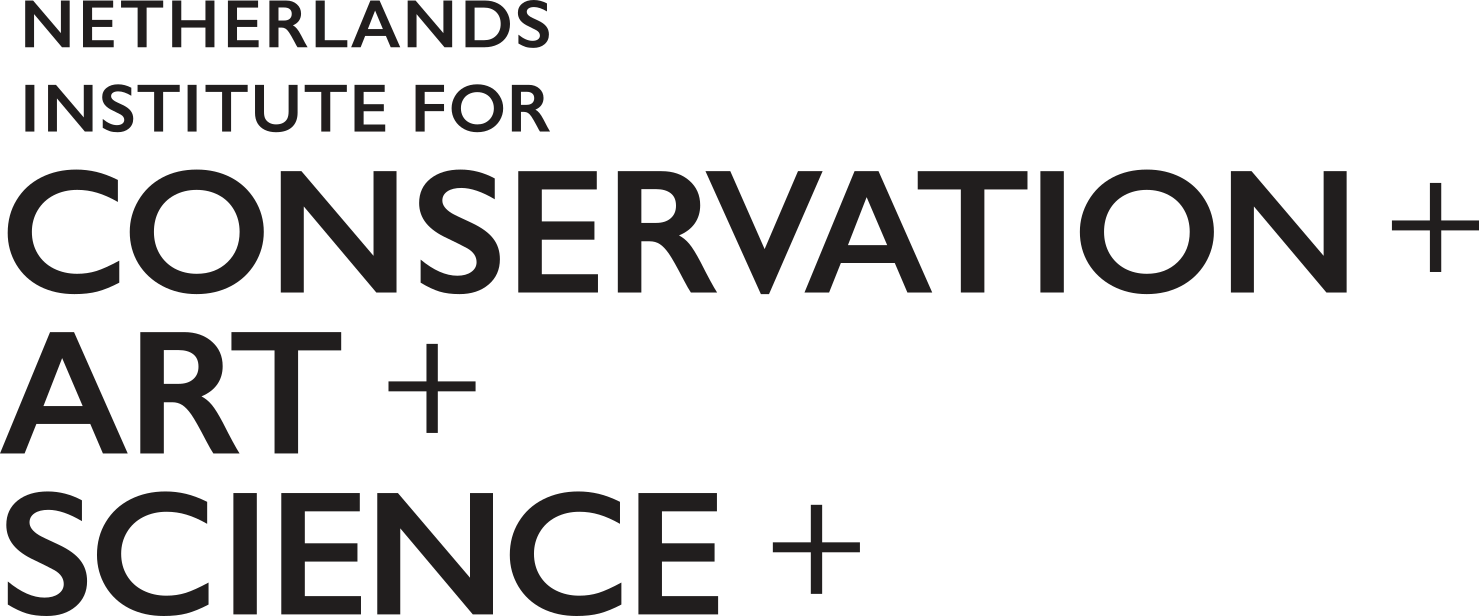Conservation
The development of new conservation methods and theories incorporating and integrating knowledge from conservation, natural science, computer science, art history and social sciences, moving towards an integrated and sustainable approach in conservation.
SCOPE OF RESEARCH
This theme aims at new and innovative strategies for the conservation of cultural heritage. To accomplish this, existing ties with related disciplines are strengthened; and scientific disciplines that as yet have not played a significant role in the field of conservation will be more involved. The aim is to enable better and/or less invasive treatment options with possible reversibility and at the very least retreataility by developing general methodologies, using novel instruments and applications for treating, protecting and presenting objects. In addition, it seeks to fully understand the nature and effects of past conservation treatments. Conservation research can challenge scientists to develop innovative technologies and research questions, while new insights and expertise in the natural sciences in turn can inspire novel solutions in conservation practice. By challenging and stimulating each other, all disciplines benefit, raising standards and attaining a higher level of applicable knowledge.
RESEARCH LEAD

Prof. dr. Ella Hendriks
University of Amsterdam

Paintings conservator Anna Krekeler working on Four Regents and the ‘House Father’ of the Amsterdam Lepers’ Asylum (c. 1624) by Werner van den Valckert.
